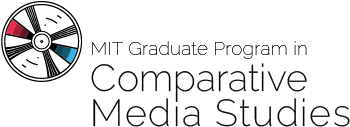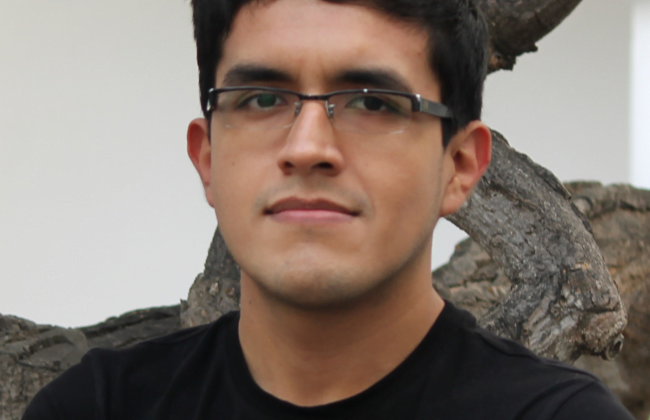During the first decades of the twenty-first century, Peru experienced a major GDP growth catalogued by authoritative sources as an economic miracle. Many credited the miracle to two factors: the boom of mineral prices – Peru’s primary export – and the free market reforms implemented by the authoritarian government of Alberto Fujimori in the early nineties. This period of prosperity lead some to suggest – either favorably or critically – the existence of a monolithic optimistic consensus in Peruvian society. In this thesis I put the monolithic quality of this consensus to the test by surveying media controversies in recent years (2016 – 2019), a period marked by a decline of GDP growth. These controversies confronted different actors that are normally considered part of this consensus: government technocrats, business journalists, corporate leaders, etc. The analysis employs key concepts from Actor-Network Theory and other Science and Technology Studies works to examine how these actors mobilized information about the national economy in their public interventions. The main argument advanced in this thesis is that economic information employed in these controversies operated as sociotechnical nonfictions that attained “enough realness” through their circulation in media and the affective states they evoked. The concept of sociotechnical nonfictions highlights the role that expertise and media assemblages played in the (re)production of facts. Furthermore, it also compels to evaluate the force that media researchers assign to the effects of an economic regime.
About Diego Cerna Aragon
Diego Cerna Aragon is a technology and media researcher from Peru. His work focuses on discourse analysis, expert knowledge, and the uses of new technologies. He earned a bachelor's degree in Communication from the University of Lima.
In Peru, Diego worked as a communications official and researcher at the Institute of Peruvian Studies, one of the most long-standing think tanks in the country. During this experience, he explored how bureaucrats employed different new technologies, such as digital platforms for technical cooperation and algorithmic systems for socioeconomic classification.
Diego has also been involved in political transparency initiatives from civil society. He was part of Open Parliament, a project dedicated to gather, store and publish data from official activities of members of the Peruvian Congress.
At MIT, Diego worked as a research assistant at the Global Media Technology and Cultures Lab.
Thesis: Disputing Facts, Disputing The Economy: Media Controversies at The Decline of The Peruvian Miracle



